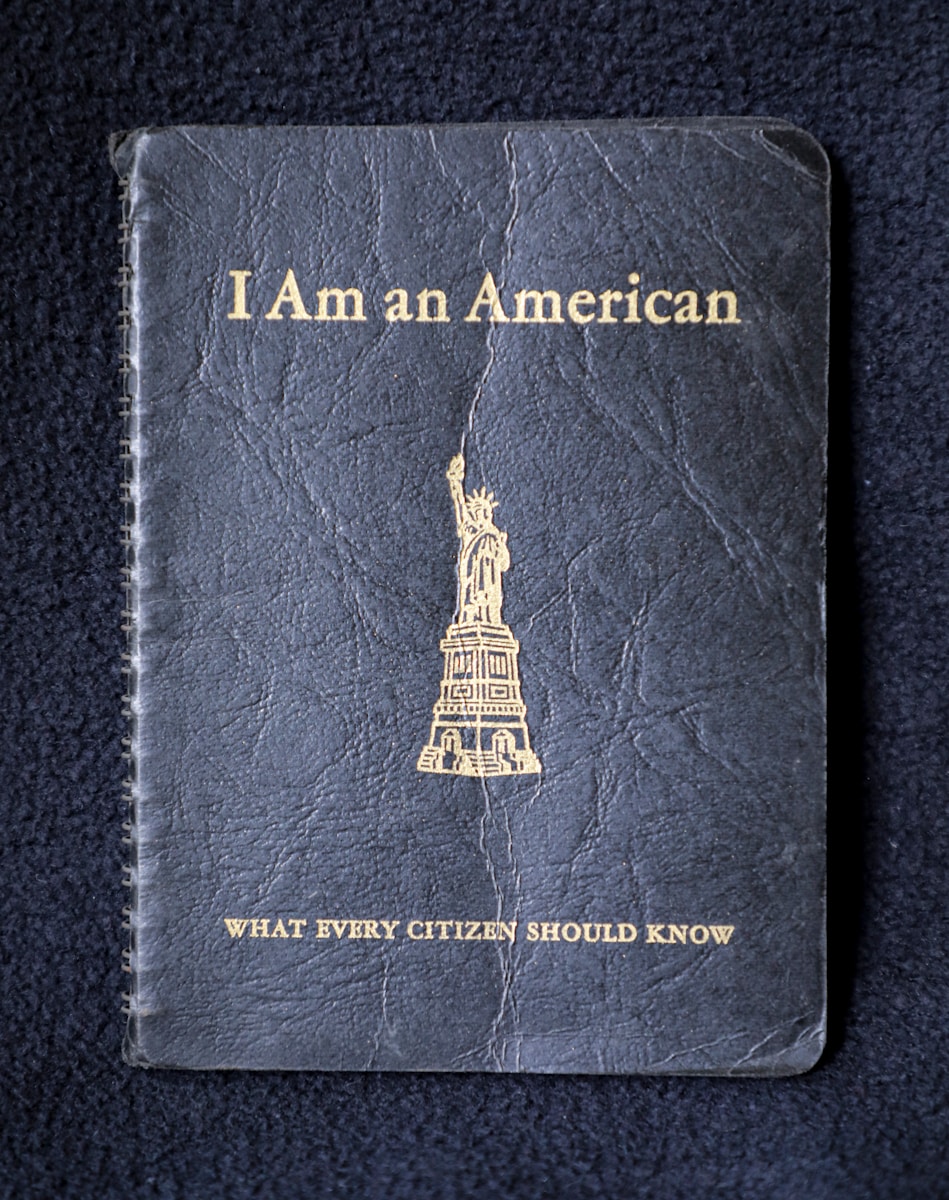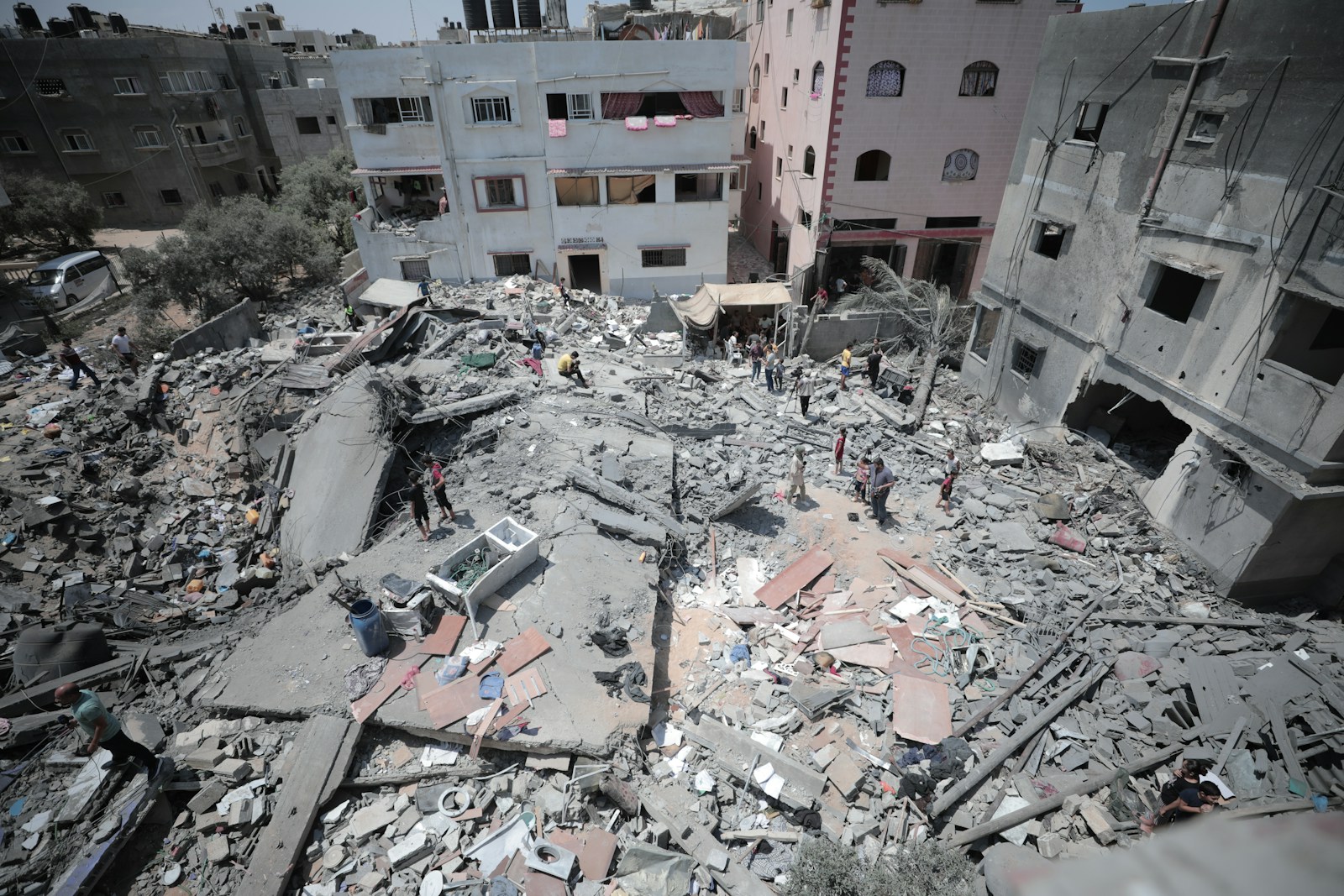A Critique on Europe’s Silence on Israel’s War on Gaza


Europe’s apathy concerning the ongoing war in Gaza, initiated by Israel, has been creating ripples in the international community. This article is an in-depth analysis of the issue, examining the potential implications of Europe’s quietude on its credibility and position in the global political arena.
The Complexity of the Issue
Europe’s lack of an assertive stand on Israel’s war on Gaza is not a simple matter of political correctness. It is a multifaceted issue that involves various aspects such as international law, human rights, and geopolitical strategies. As the war in Gaza continues to claim innocent lives, the world watches in anticipation of Europe’s response.
The Role of the Belgian MP
Simon Moutquin, a prominent Belgian member of parliament, has been vocal in his criticism of Europe’s silence. He argues that Europe’s failure to condemn Israel’s actions in Gaza could potentially undermine its credibility when discussing international law, especially in the context of the Ukraine-Russia conflict.
International Law and Europe’s Position
Europe has traditionally been a staunch advocate of international law. However, its silence on the Gaza issue raises questions about its commitment. Critics argue that Europe’s stand on the Ukraine-Russia conflict and its silence on the Gaza issue reflect a double standard that could potentially tarnish its image as a champion of international law.
The Call for an Arms Embargo on Israel
Moutquin is among over 200 lawmakers from 13 countries who have signed a letter calling for an arms embargo on Israel. These lawmakers argue that their respective nations should stop selling weapons to Israel due to its alleged violations of international law in Gaza.
The Humanitarian Crisis in Gaza
The relentless bombardment of Gaza by Israel has resulted in the death of over 30,000 individuals, most of whom were civilians. This humanitarian crisis has been exacerbated by the lack of aid flowing into the region, leading to starvation and dehydration.
The International Court of Justice’s Ruling
The International Court of Justice (ICJ) has ruled that Israel may be committing genocide in Gaza. Following this ruling, some countries including the Netherlands, Belgium, Spain, and Japan have halted their military cooperation with Israel.
The Need for a Legal Necessity
Legislators argue that an arms embargo on Israel is a legal necessity, given the ICJ’s ruling. They believe that the weapons and ammunition imported by their countries are being used to cause harm and displace Palestinians.
The Global Response
While some countries have ceased their military cooperation with Israel, others continue to provide military support. The US, for example, is the largest funder of the Israeli military, providing approximately $3bn in aid annually.
Europe’s Dilemma
Europe finds itself in a dilemma. On one hand, it needs to uphold its commitment to international law. On the other hand, it must maintain its political and economic ties with other nations, including those that continue to support Israel.
The Implications for Europe’s Credibility
The lack of a unified and assertive response from Europe on the Gaza issue could potentially harm its credibility. Critics argue that Europe risks losing its moral high ground and its ability to mediate international conflicts effectively.
The Way Forward
The way forward for Europe is complex. It needs to balance its commitment to international law with its political and economic interests. However, one thing is clear: its silence on the Gaza issue is no longer an option. Europe needs to take a stance, not just for its own credibility, but for the sake of human rights and peace in the world



